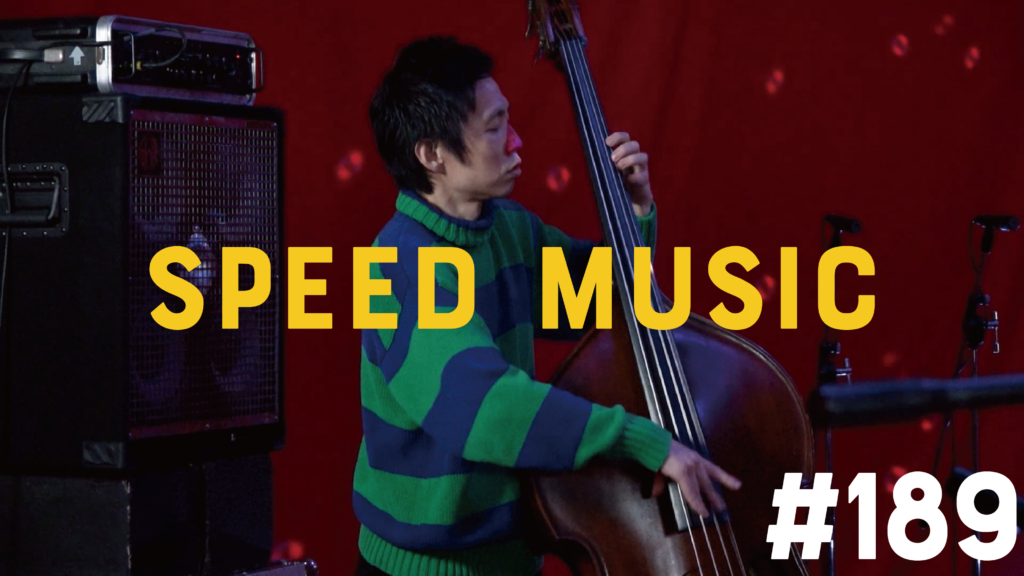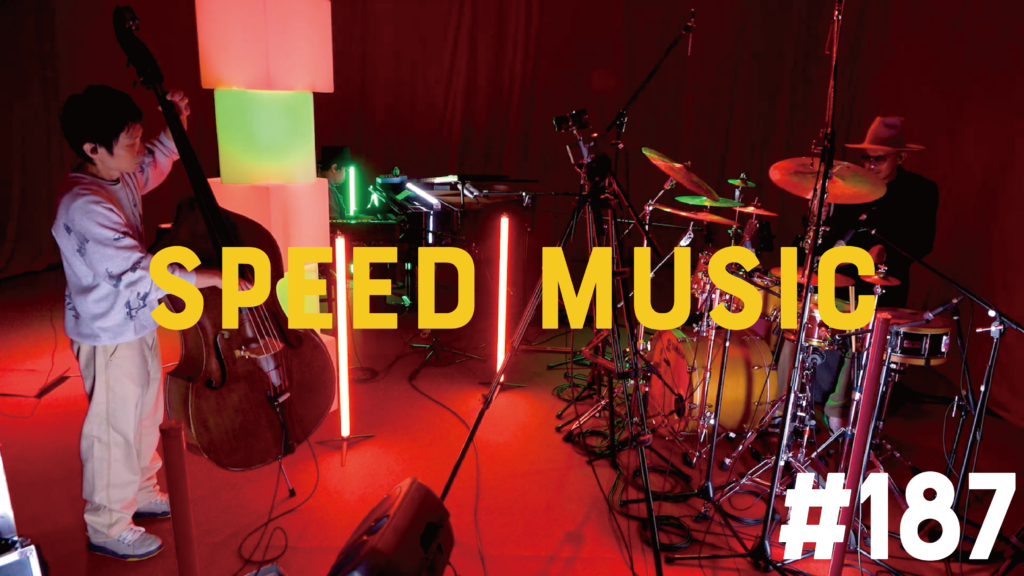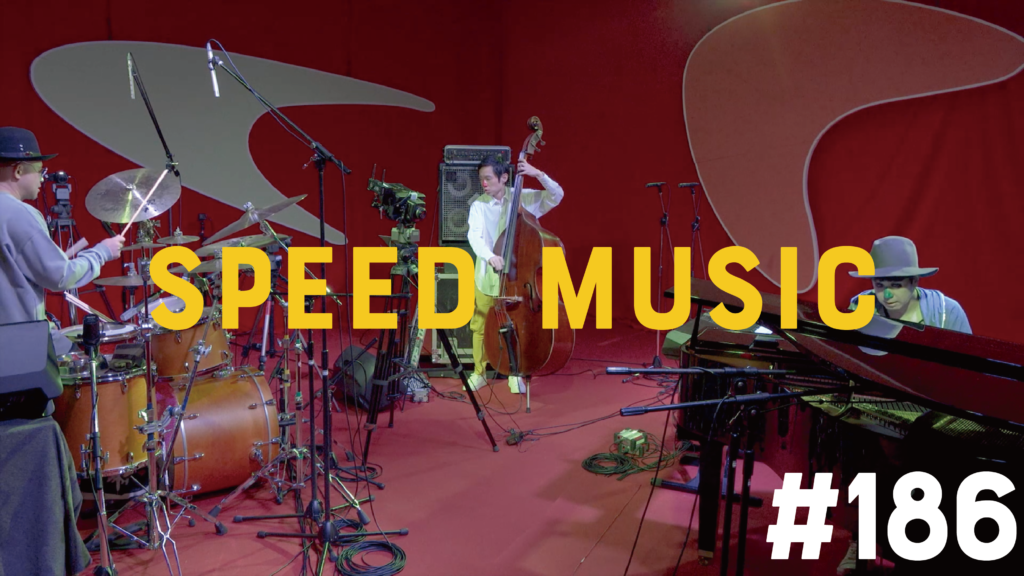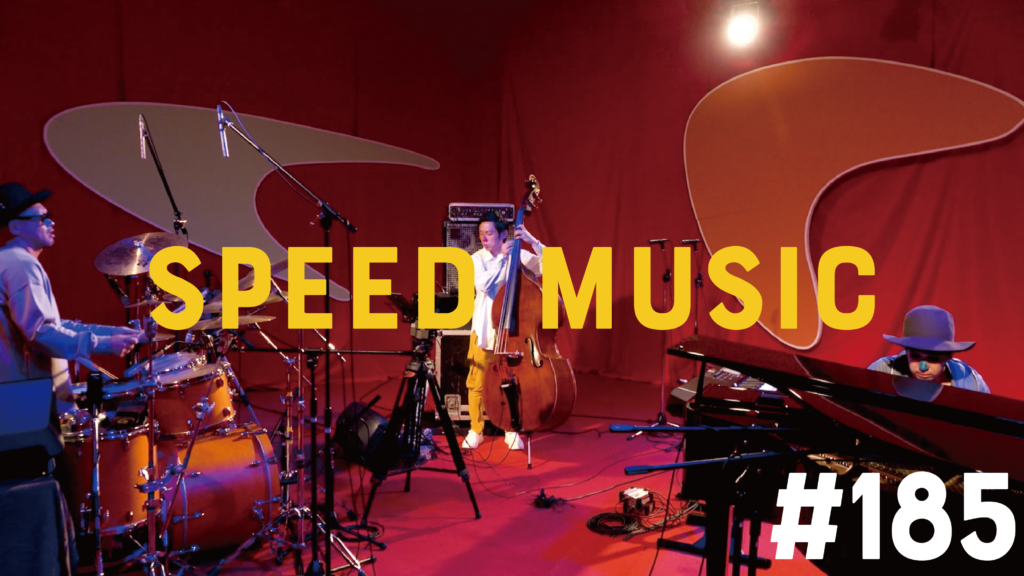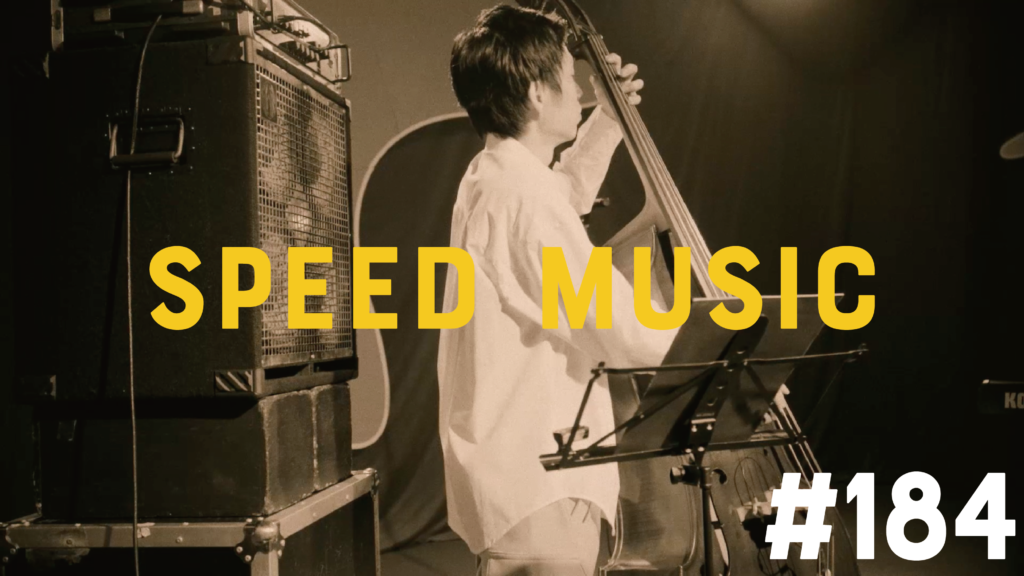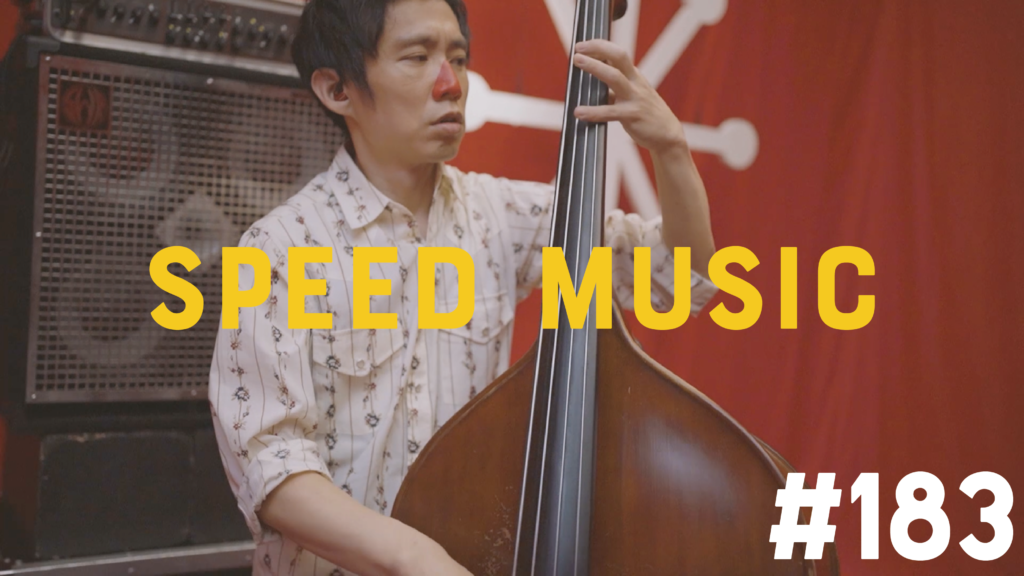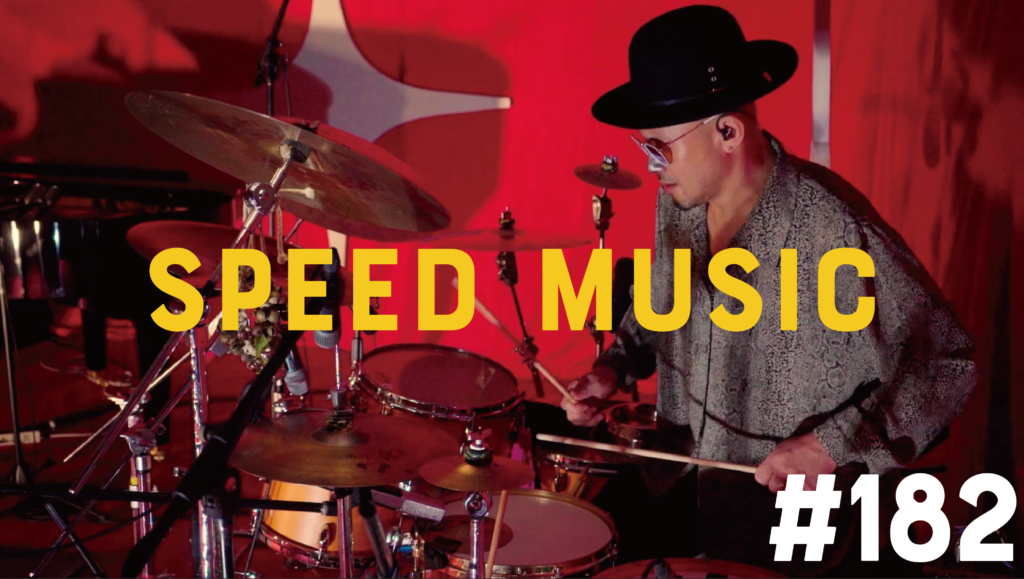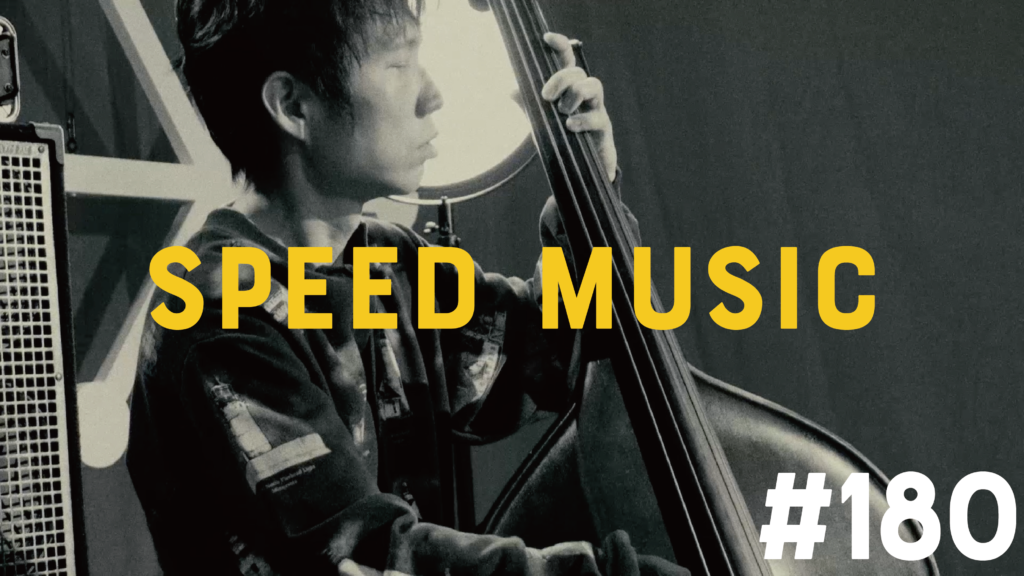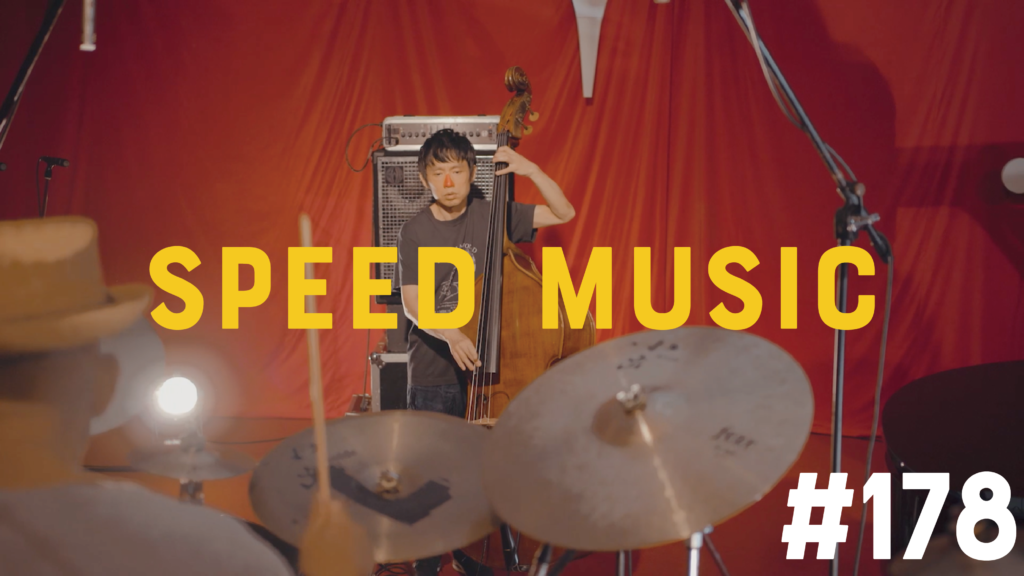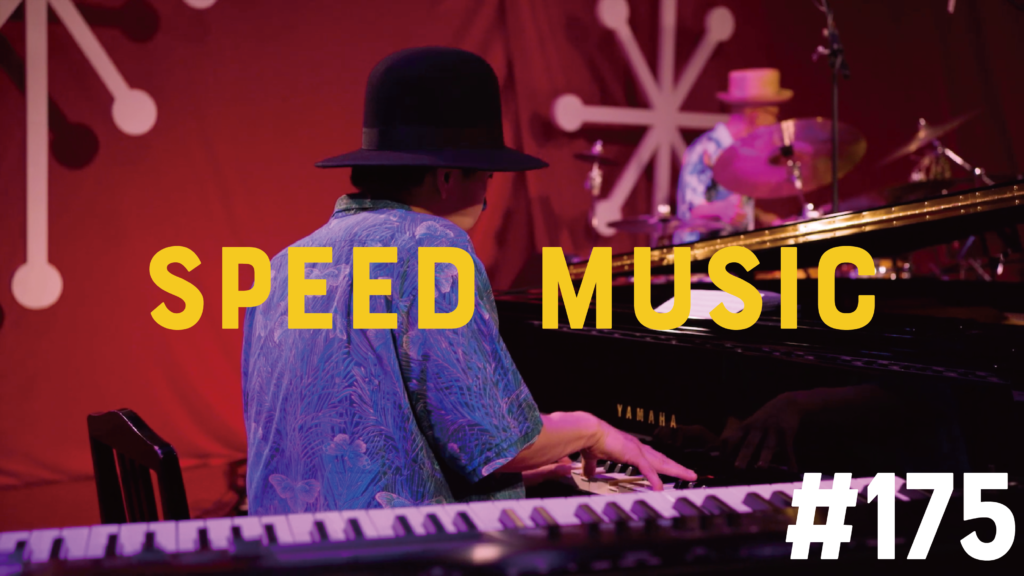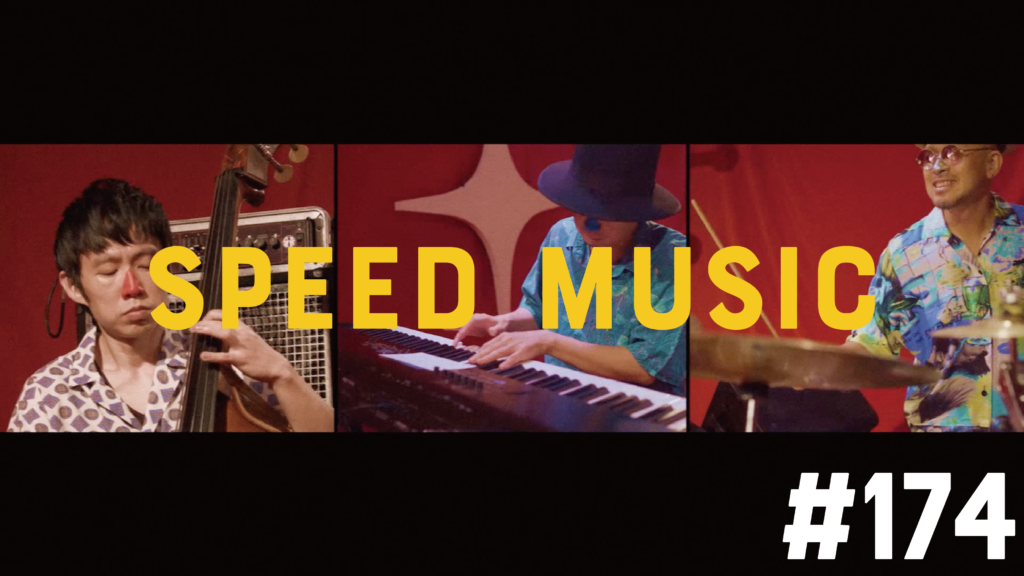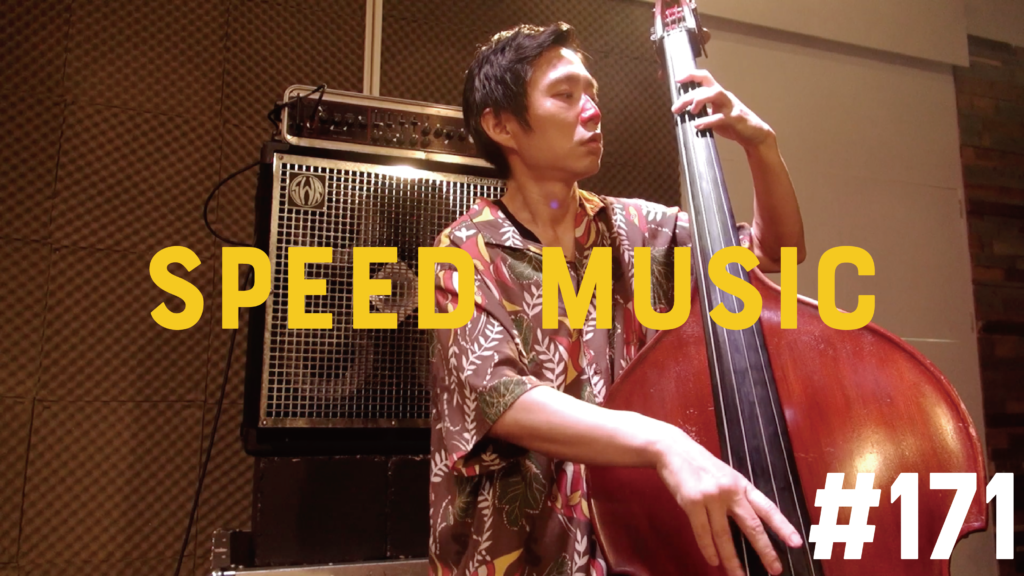#178 心の旅 / チューリップ by H ZETTRIO
1973年4月20日に発売されたチューリップの通算3枚目のシングル。デビューからビートルズの影響を受けた、良質なシングル2枚・アルバム2枚を出したがヒットせず、3枚目のシングルが売れなかったら、地元福岡に帰るという話がでてきていた頃に背水の陣として生まれた曲である。リーダー財津和夫が上京する直前の心境(上京のために別れた女性への想い、など)を原点に書かれた。この曲を作るに当たって意識した曲は、はしだのりひことクライマックスの『花嫁』であり、この曲にも歌われている汽車の旅のロマンが受け入れられるのではと考えたと言う。(フリー百科事典 ウィキペディア日本語版より:https://x.gd/pyn1x)
Tulip's third single released on April 20, 1973. After their debut, they released two high-quality singles and two albums that were influenced by the Beatles, but they didn't become hits, and if the third single didn't sell, they were talking about returning to their hometown of Fukuoka. This song was born as a group. It was written based on leader Kazuo Zaitsu's feelings just before he moved to Tokyo (his feelings for the woman he broke up with because of his move to Tokyo, etc.). When creating this song, he was conscious of Norihiko Hashida's climax, ``Bride,'' and thought that the romance of a train journey, which is also sung in this song, would be accepted. (From the Japanese version of Wikipedia, the free encyclopedia: https://x.gd/pyn1x)

